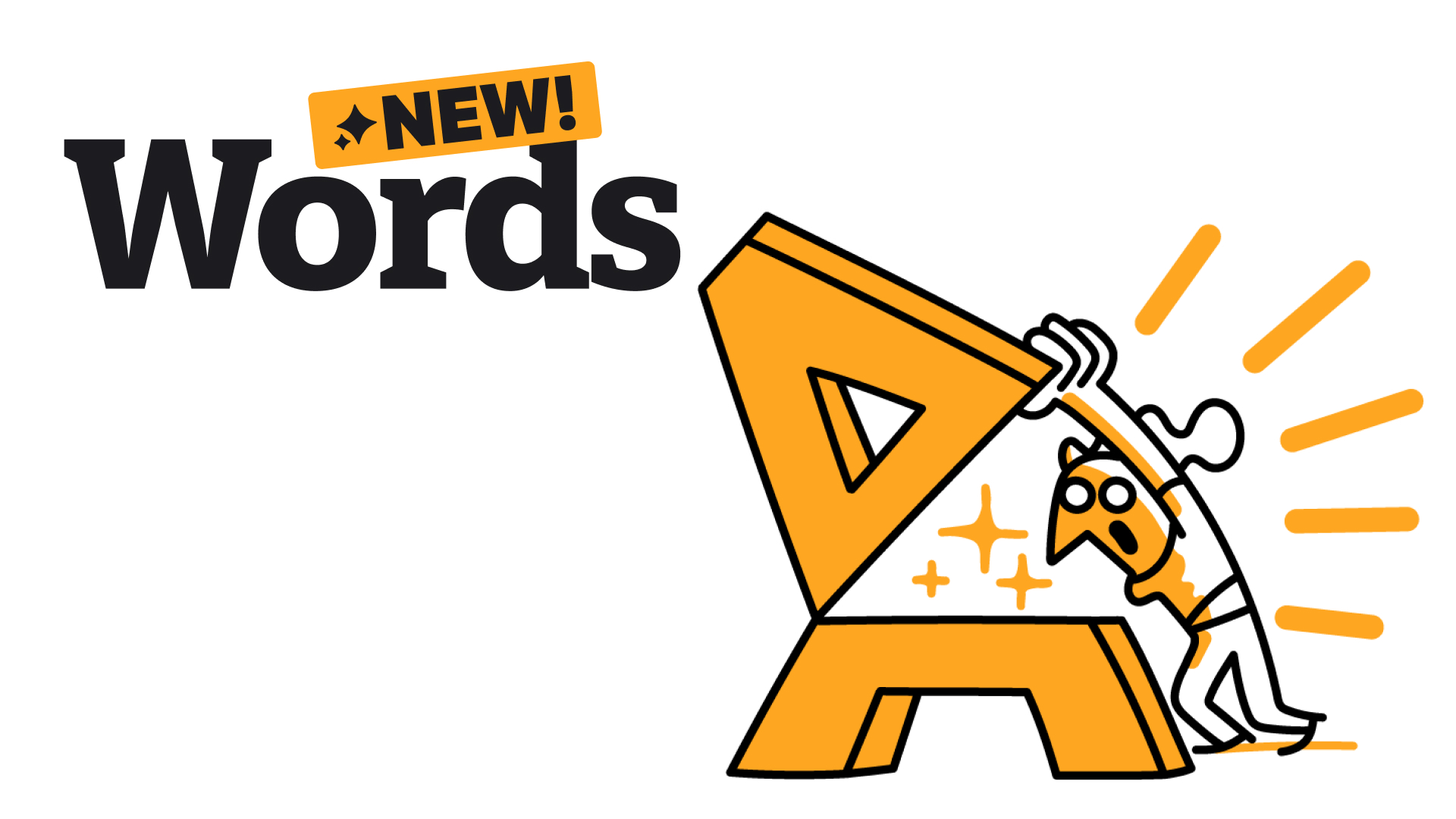Also this week: interviewing your undergraduate students, the latest on serial fraudsters in EEB, the coming enshittification of Canadian universities, combatting perfectionism and imposter syndrome, and more.
From Jeremy:
Another Expression of Concern for former marine ecologist Danielle Dixson, who faked the data in multiple high-profile papers. My understanding is that the University of Delaware terminated Dixson’s employment; she’s no longer listed among their faculty.
Sticking with serial fraudsters in EEB: Guelph botanist Steven Newmaster has had a second paper retracted. See here for background. Newmaster still has his job; Guelph seems to be trying to sweep the case under the rug. Learn from Delaware’s example, Guelph.
Remembering how godawful the early-to-mid ’90s were for Canada in general, and specifically for Canadian universities. I’ve been a prof at the University of Calgary since 2004. My more senior colleagues’ recollections of the early ’90s line up with the recollections in the linked post. And I can confirm the linked post’s claim that Alberta is the only province in which university budget cuts over the last few years have come close to early ’90s cuts. Sounds like we may get some company over the next decade, tho.
Speaking of the early ’90s (and the ’80s), here’s Andrew Potter’s Substack on the forgotten history of Generation X.
Cosma Shalizi with a novel (to me) idea for finding out what course material the undergraduates in a big course are struggling with: each week, randomly select some students to come in to your office for one-on-one interviews about their recent course work. The value here is both in talking to the students (as opposed to just looking at their marks), and in talking to random students rather than, e.g., the students who voluntarily come to the instructor with questions. I like this idea better than the more familiar (to me) idea of electing a few students as “class representatives” or “student liaisons,” who meet with the instructor every week to talk about how the course is going for the students as a whole. I think elected class representatives are likely to provide a biased picture of how the course is going. Both because the representatives themselves are likely to be atypical students, and because they’re not going to randomly sample student opinion. Click through for the details on how the student interview system worked.
Sticking with Cosma Shalizi, here’s what sounds to me like a great way to kick off a multidisciplinary or interdisciplinary workshop: presentation exchange. Every participant prepares a brief presentation (e.g., on an important open problem in their own field), that a different workshop participant has to deliver and then comment on. Perhaps veteran working group organizer Brian can comment on whether this would also be useful for more narrowly focused working groups.
Things unexpectedly named after people. If Stephen Heard can’t provide some examples involving Latin names, I’ll be disappointed. 🙂 To be clear, the challenge is not to identify species names after surprising people (“Why is that species named after that person?”). The challenge is to identify species that are named after people, but that don’t sound like they’re named after people. Like if Pan troglodytes was named after someone named Troglodyte. I will also accept examples of the converse*: species that sound like they are named after people, but actually aren’t. Say, some millipede that sounds like it’s named after Taylor Swift, but actually is so named merely because it moves switfly. 🙂
*inverse? reverse?
From Meghan:
Here’s a Harvard Business Review piece by Rajani Katta about how not to let perfectionism slow you down. This is such a common topic of conversations that I have with colleagues, students, and others! It relates to this old post I have on the idea of focusing on good enough, and this old post on rough drafts and getting words on the page. One section of Katta’s piece is on how to start, and another is on how to finish — both crucial and so hard sometimes! The piece also reminds me of things in Under Pressure by Lisa Damour, whose writing I love. She talks about coaching girls in how to spend less time on schoolwork, with a goal of helping them be happier and healthier.
I’m not sure if we’ve had a LinkedIn post as a Friday link yet, but I thought this post by Liz Fosslein about a way to reframe a common aspect of imposter syndrome is likely to be helpful to many, and the cartoon comparing the internal reaction of “When I do something well” to “When I make a minor mistake” is all too true! I ended up going down a rabbit hole of her cartoons — they capture so many aspects of science/academia! This one on success & failure is also great, but, really, click over and look at a bunch of her stuff!


